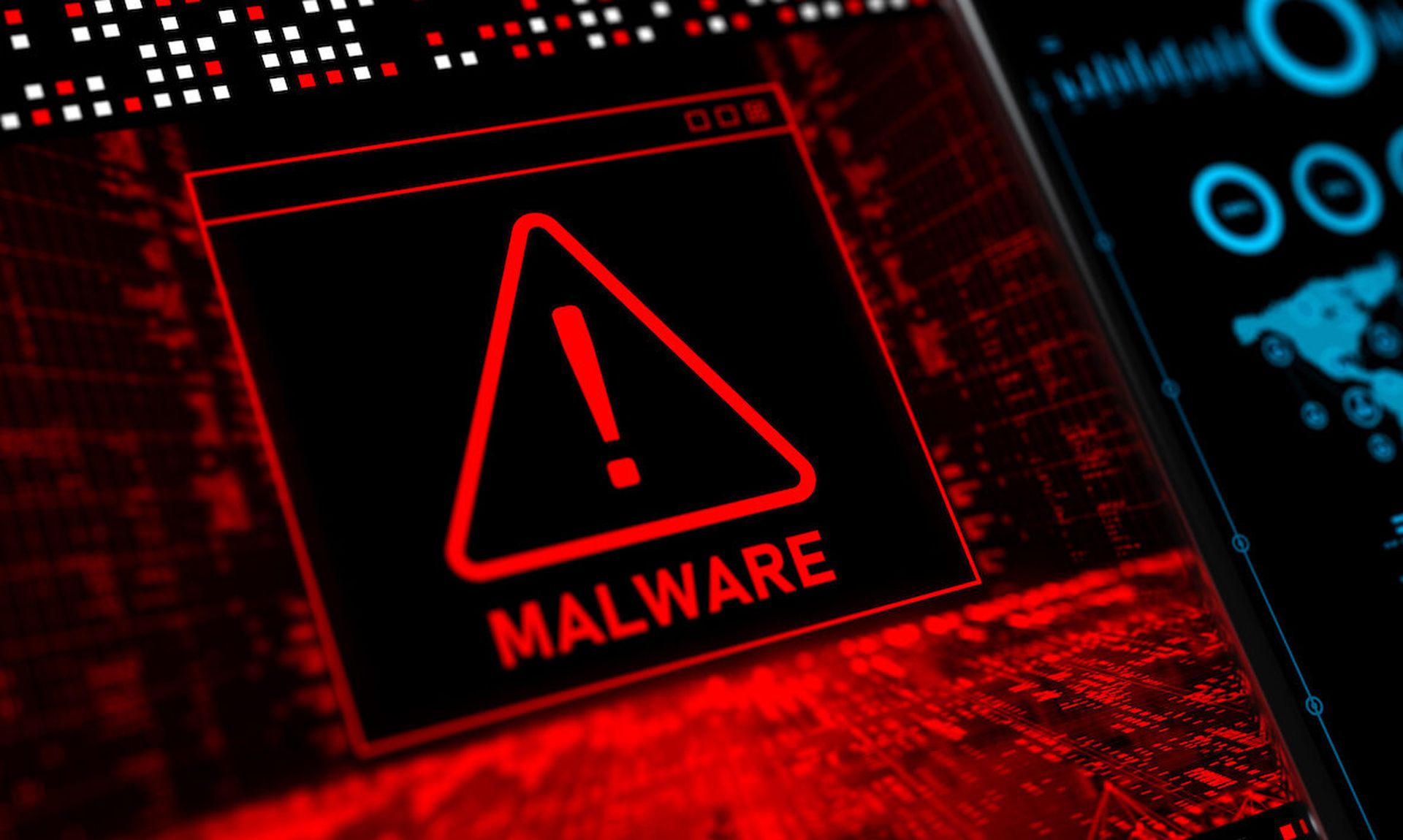A Chinese government official, who called mounting claims about the country's cyber spying on the United States “shaky,” charged governing bodies to devise global hacking rules – a feat much easier said than done, history has proven.
On Saturday, Foreign Minister Yang Jiechi told reporters at the National People's Congress in Beijing that a detailed analysis from forensic firm Mandiant of an alleged military-led Chinese cyber espionage operation against more than 100 organizations in the U.S. was an attempt to sully China's name.
“There have been quite a few reports about hacker attacks recently, and many of them picked on China,” Jiechi said, according to a Bloomberg article. “These articles may have crossed the eyes of many people, but actually they are built on shaky ground.”
According to Bloomberg, Jiechi said China has strict laws in place that forbid the sort of hacking referred to by U.S. sources. He also told reporters that the country proposed international rules that – with the aid of the United Nations – would have helped govern malicious internet use.
“What this cyber space needs is not war, but rules and cooperation,” Yang said.
In December, the United States balked at internet rules proposed to the International Telecommunication Union (ITU), the U.N. agency that focuses on concerns and standards in information and communication technologies. The United States ultimately refused to sign an amended version of the regulations, though China and Russia were among the 89 countries that supported the rules.
Martin Libicki, senior management scientist at RAND, a global policy think tank, told SCMagazine.com on Monday that previous attempts to create global internet regulations have been unsuccessful due to their flaws.
“China and Russia were big proponents, but it allowed them to rule the internet in their countries and we weren't big supporters of that,” Libicki said. He added that internet regulation has not proven to be a “field in which governments have much to contribute.”
Libicki said that while every country that can commit cyber espionage likely does so, there is an admitted difference between targeting other governments versus private corporations, a major concern levied in recent claims against China. Still, that doesn't mean China is fessing up.
“One of the lessons of the Mandiant report, which was not unique, but the best done of its class, is you can have all the smoke you want, but [those responsible] won't necessarily admit to lighting the fire,” Libicki said.
Meanwhile, on Monday, President Obama, through comments delivered by his national security adviser to the Asia Society in New York, called for China to stop raiding U.S. organizations of intellectual property, according to a New York Times report.
“U.S. businesses are speaking out about their serious concerns about sophisticated, targeted theft of confidential business information and proprietary technologies through cyberintrusions emanating from China on an unprecedented scale,” Thomas Donilon said.



